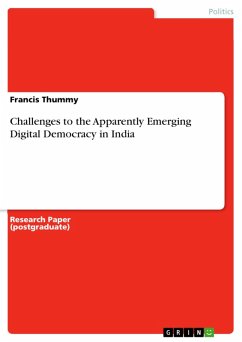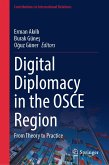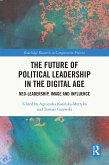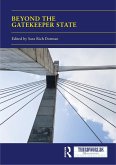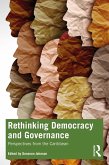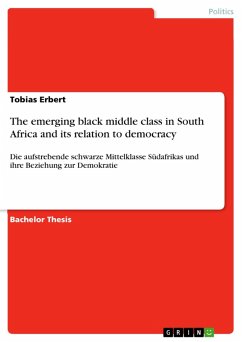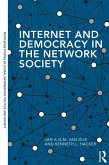Research Paper (postgraduate) from the year 2022 in the subject Political Science, , language: English, abstract: India is the largest democracy in the world. Since Independence from Great Britain in 1947, political democracy has taken deep roots thanks to the visionary leaders of the immediate post-independent India. The Indian General Elections involving more than 815 million voters is seen as the greatest democratic exercise in the world. The Indian media have been playing a great role in stabilizing the democratic ethos of the country. In the recent years India too has been a witness to the digital media - 500 million is the number of internet users in 2017. There has been the general assumption that a society drenched in information in a digital age is inherently a democratic one. It was thought that the internet will be an unprecedented democratizing force, a place where all can be heard and everyone can participate equally. This has been the big hope for Indian democracy too. This paper would like to argue that the hope of an emerging digital democracy in India has been belied due to the following factors, among many others: 1) the digital divide is too great to even speak of a digital democracy in India; the internet in fact reflects and amplifies real-world inequalities; 2) a medium with the capacity to empower people has been turned in to a tool of social control; the internet has reinforced the power structures of the real world - not empowered them; 3) capitalism's colonization of the internet has made the internet an unparalleled apparatus for government and corporate surveillance; a handful of giants - Airtel, Amazon, Google, Facebook, Jio, Reliance, Vodafone, often in collusion with the powers that be, remain the gatekeepers.
Dieser Download kann aus rechtlichen Gründen nur mit Rechnungsadresse in A, B, BG, CY, CZ, D, DK, EW, E, FIN, F, GR, HR, H, IRL, I, LT, L, LR, M, NL, PL, P, R, S, SLO, SK ausgeliefert werden.

